
Once, when I picked up a book from the local library, the librarian asked to tell her what I thought about the book when I would bring it back. Well, why not write a few lines about all the books I read so everybody could see what I thought about it? I'm often also happy to have friends recommend a certain book or tell me this and that is not really worth reading. I won't comment about the tons of books I have read so far, but about books I read from now on.
| highly recommended | sehr empfohlen | |
| good reading | gutes lesematerial | |
| average | durchschnittlich | |
| not too interesting | nicht allzu interessant | |
| recommended not to read it | empfehlung das buch nicht zu lesen |

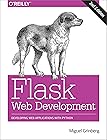











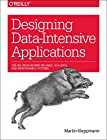
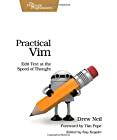


















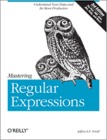





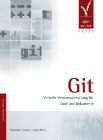









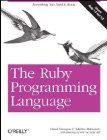


































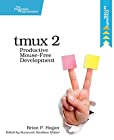






























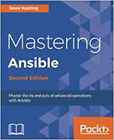

































































































































































































 |
|
|---|---|
| title | Introducing GitHub |
| author | Brent Beer |
| ISBN-10 | |
| ISBN-13 | |
| ASIN | B078TNW3L6 |
| rating | |
| date | 2018-Mar-18 |
The book is not too big and it contains lots of screenshots of what is being explained. So it reading does not take too much time. With an approach such heavy on visuals, however, I would have expected the menus etc. discussed to be clearly marked in the screenshots. I am not familiar with how frequently the layout of GitHub's user interface changes, but if readers really do need so many screen shots to follow along, I fear they will be lost pretty quickly once the interface changes.
Not being a technical guide (as is also stated on the cover), there is no information about git or what git does, even though git is the big workhorse under the hood of GitHub. Basically the book tries to go through the motions of viewing a repository, changing a single file, collaboration and configuring a GitHub project. It does this by going through all the menus in the user interface. Yes, it does complete samples of simple tasks.
There is also has a chapter on GitHub Desktop.
If you are looking for a book showing you how to use git, this definitely is the wrong book. If you are a somewhat technical person who knows the basics of git, you probably won't get much out of this book. If you are a non-technical person who needs to work on some projects (possibly administratively) together with others using GitHub, then this book could be of some help to you. And if you are a non-technical person wanting to get a feeling whether GitHub could be a possible solution for organizing collaboration of your company/organization/team software projects, then this book might actually be interesting for you.































